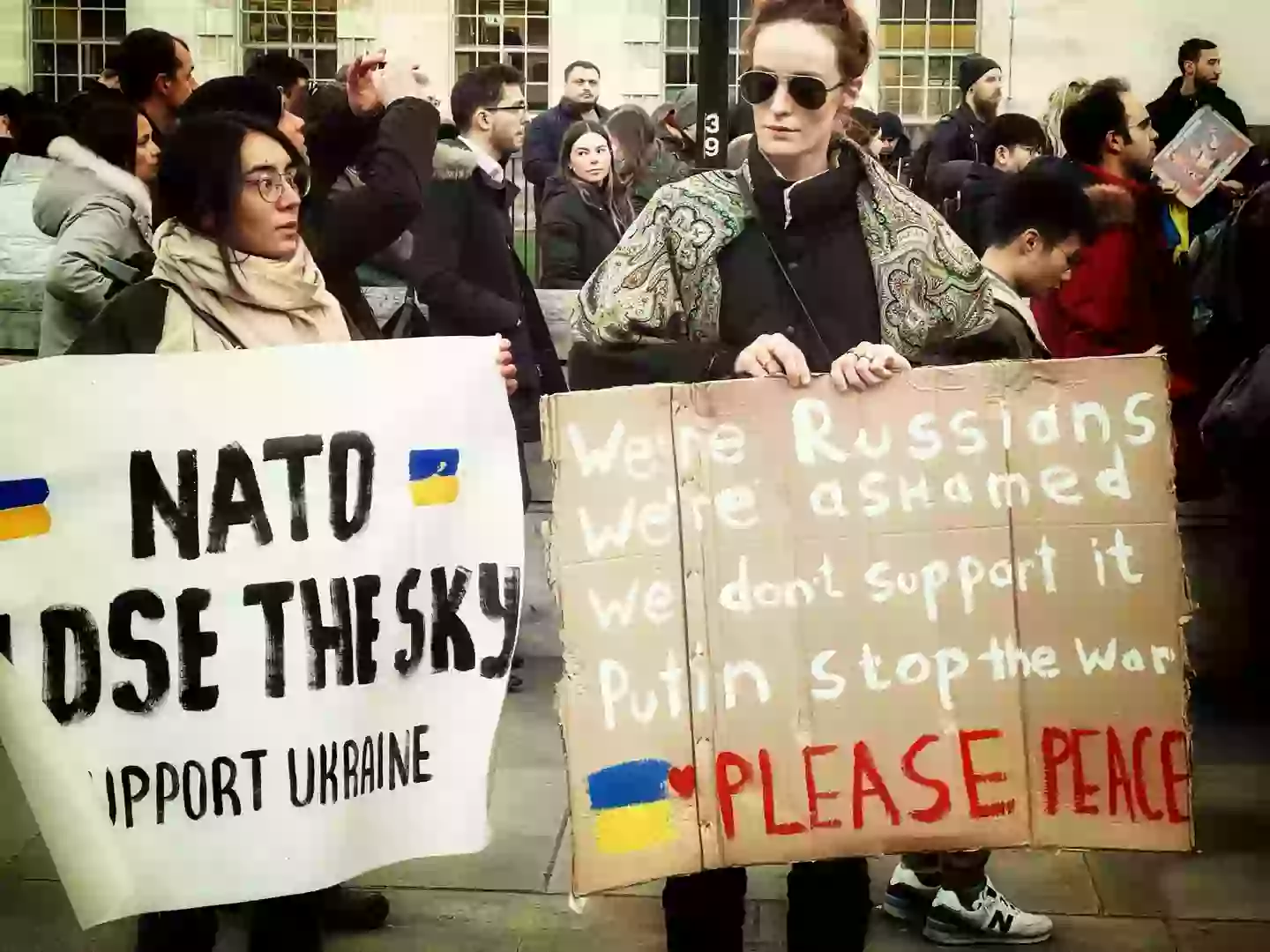
The continuation of the Russo-Ukrainian War has seen two Ukrainian neon suppliers cease operations and this is in turn likely to impact the global shortage of semiconductors, according to a statement from an investment research firm analyst.
The two companies are Ingas and Cryoin, based in Mariupol and Odesa, respectively. Ukrainian interior ministry adviser Vadym Denysenko reported that Mariupol is totally surrounded and that the situation is "critical" in the port city as inhabitants have been cut off from power and water for more than a week. Today, Russian armies have shelled a mosque where 80 civilians were sheltering. At the time of writing, it appears that there have been no casualties.
Odesa, on the other hand, is a pivotal location for both Ukraine and Russia and Russian navy ships have been identified close to Ukraine's territorial waters. “If Russia seizes Odesa, it will effectively cut off Ukraine from overseas trade and military aid," said Curtin University associate professor of national security and strategic studies Alexey Muraviev in an interview with Al Jazeera.

Advert
Ingas and Cryoin supply approximately 45 to 54% of the world's semiconductor-grade neon which is used for lasers to produce computer chips. Even considering the effect that the coronavirus crisis had on the economy, global neon consumption for chip production hit 540 metric tonnes in 2021, on the basis of estimates from market research firm Techcet.
Specifically speaking, Ingas would generate 15,000 to 20,000 cubic meters of neon every month before the invasion for customers in Taiwan, Korea, China, the United States and Germany. About 75% of this was consumed by the chip industry, said chief commercial officer Nikolay Avdzhy in an email to Reuters. Additionally, Cryoin business development director Larissa Bondarenko stated that the company has reserves for three months to fulfil orders while shut down but if its equipment was hit by any of the attacks going on in Odesa, then the company would be financially scuppered by repairs and remediation efforts.
Stocks of semiconductors were already constrained as a result of the pandemic and how hubs and networks of factories in Asian countries were overwhelmed by the sudden surge in coronavirus cases. It was imagined that this shortage would have levelled out in 2023, yet, this new complication could cause this expected window to be shunted into the future.
"If stockpiles are depleted by April and chipmakers don't have orders locked up in other regions of the world, it likely means further constraints for the broader supply chain and inability to manufacture the end-product for many key customers," said Angelo Zino, analyst at CFRA.
Topics: PlayStation, PC, Xbox